 Benzodiazepines, or benzos, are prescription tranquilizers with a legitimate medical application for treating, for example, anxiety, panic, and sleep disorders. However, about one in five people who use benzos abuse them. Any use of a prescription drug not as directed or by someone to whom it was not prescribed is abuse. Veterans are susceptible to benzo abuse and addiction because of their military experience, which involves high stress, trauma, and intensely challenging day-to-day responsibilities and expectations. Substance abuse treatment for veterans in a rehab center specializing in treating this population will include benzo addiction treatment.
Benzodiazepines, or benzos, are prescription tranquilizers with a legitimate medical application for treating, for example, anxiety, panic, and sleep disorders. However, about one in five people who use benzos abuse them. Any use of a prescription drug not as directed or by someone to whom it was not prescribed is abuse. Veterans are susceptible to benzo abuse and addiction because of their military experience, which involves high stress, trauma, and intensely challenging day-to-day responsibilities and expectations. Substance abuse treatment for veterans in a rehab center specializing in treating this population will include benzo addiction treatment.
UpArmor Recovery offers benzo addiction treatment in Mississippi for veterans and first responders. Therapies provided by clinicians who understand your unique circumstances will offer you the best possible recovery outcomes. Call 855.211.5537 today or use our online form to connect with us, get answers to your questions, and learn how to get started on your recovery.
Benzodiazepines
This class of drugs is commonly called downers because they are depressants, and their goal is to quiet an anxious or activated nervous system. People who have undiagnosed anxiety disorders or PTSD may illicitly seek downers to medicate symptoms they don’t quite understand.
Some of the more common brand names of benzos include:
- Diazepam (Valium)
- Alprazolam (Xanax)
- Lorazepam (Ativan)
- Clonazepam (Klonipin)
- Temazepam (Restoril)
Do you use benzos without medical supervision? Or do you have a prescription but take more than directed and more frequently? If you feel pressure to access more benzos when you run out, is it because you feel early signs of withdrawal? You may have a benzo use disorder, and if so, please seek help from a reputable drug treatment center. As someone who served your country, you deserve to receive benzo addiction treatment for veterans, provided by clinicians specializing in this kind of treatment.
Benzo Addiction
How do you know if you are addicted? The normal function of benzos on your central nervous system results from the drug hooking up with your brain’s gamma-aminobutyric acid (GABA) system. The therapeutic effect involves:
- Slower heart rate
- Relaxed muscles
- Deactivation of anxiety response
- Less reactivity to stimuli
When too much benzo is taken, these effects can lead to overdose, especially if the heart rate slows too much.
You are likely addicted if:
- Your tolerance of the drug has risen steadily
- You cannot do much of anything without benzos
- You are frequently sleepy
- Your breathing and reflexes are sluggish
- You experience dry mouth, slurred speech, and poor concentration
- Your behavior is increasingly erratic
- You are depressed, confused, or uncoordinated
If you begin to experience tremors, nausea, vomiting, or withdrawal symptoms if you run out of the drug, get help sooner rather than later.
Benzo Rehab Program for Veterans
What should you expect in a veterans benzo rehab? First, because addiction to benzos may well have begun as a way to deal with a mental health disorder like anxiety or PTSD, treating co-occurring disorders is often part of benzo addiction treatment for veterans.
Your brain has to learn to function without benzos. You can no longer rely on the drug to flood you with feel-good chemicals like dopamine. Your brain’s natural production of these substances has been offline and needs time and healing to start up again. It will start again, but the addiction to benzos is not going to go away. Substance abuse treatment acknowledges that addiction is a chronic disease.
To begin healing, first, you will experience a medically managed detox during which all remnants of benzos and any other substance, like alcohol, are flushed from your body. After that, you will enter either an outpatient or inpatient program.
UpArmor Recovery’s Veteran’s Benzo Rehab Program
Effective treatment for benzo addiction at UpArmor involves holistic and mindfulness therapies, peer support, medication-assisted treatment, and individual, group, and family therapy.
Reach out to learn more about how we can help you begin recovery from benzo addiction. Use this easy form or call us at 855.211.5537.

